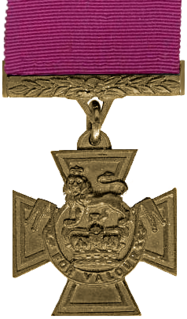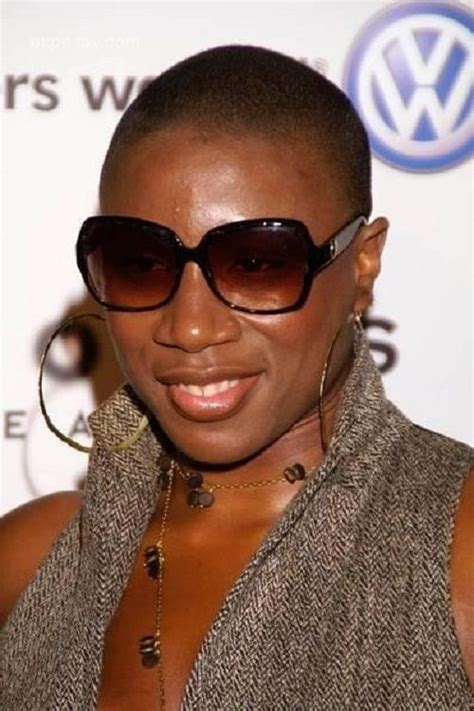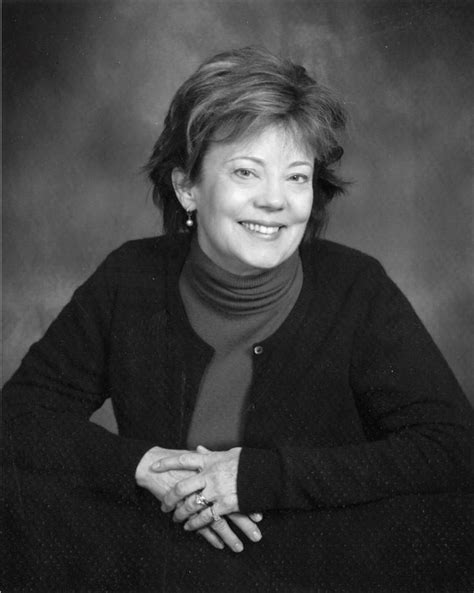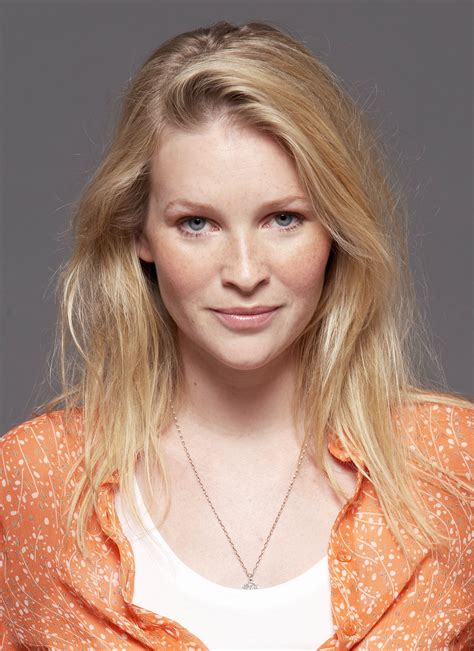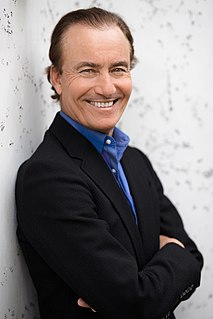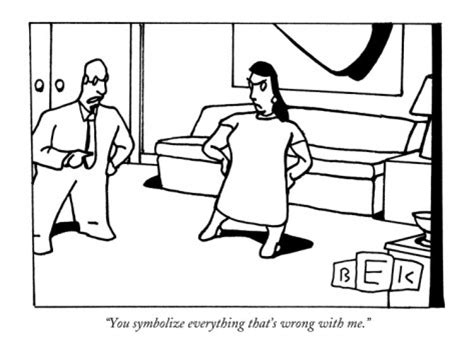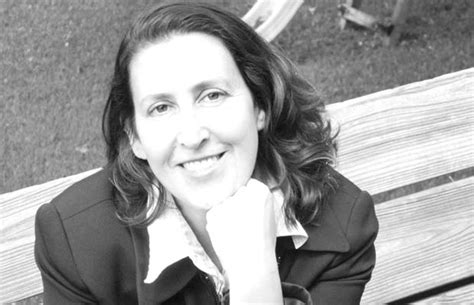A Quote by James Welch
The title of the poems was The Only Bar in Dixon. We sent it out to The New Yorker on a fluke, and they took them and printed all three in the same issue.
Related Quotes
'Royal Beatings' was my first story, and it was published in 1977. But I sent all my early stories to 'The New Yorker' in the 1950s, and then I stopped sending for a long time and sent only to magazines in Canada. 'The New Yorker' sent me nice notes, though - penciled, informal messages. They never signed them. They weren't terribly encouraging.
Some of Mr. Gregory's poems have merely appeared in The New Yorker ; others are New Yorker poems: the inclusive topicality, the informed and casual smartness, the flat fashionable irony, meaningless because it proceeds from a frame of reference whose amorphous superiority is the most definite thing about it they are the trademark not simply of a magazine but of a class.
The resistance to my work, and to my way of writing, has been there from the beginning. The first things I wrote were these short short stories collected in At the Bottom of the River, and at least three of them are one sentence long. They were printed in The New Yorker, over the objections of many of the editors in the fiction department.
Another example of what I have to put up with from him. But there was a time I was mad at all my straight friends when AIDS was at its worst. I particularly hated the New Yorker, where Calvin [Trillin] has published so much of his work. The New Yorker was the worst because they barely ever wrote about AIDS. I used to take out on Calvin my real hatred for the New Yorker.
On September 11 one of the messages on our answering machine was from The New Yorker saying get down here right away for a special issue we'll be doing. That seemed so irrelevant to me, considering the cataclysm. I went to my studio for a while and I was processing the news. Because when we were in the thick of it, it just felt like Mars Attacks!, Is Paris Burning?, and I had no perspective. For a while, I thought I should go down and look for bodies. At the same time, since The New Yorker was looking for images, I thought, "Well, I'm more trained to look for images than for bodies."
One fella went on the internet and got lots of photos of me in Love Actually, topless and naked and stuff, printed them off, stuck them on A4 paper, laminated them and sent them to me for me to sign. I was away and asked my husband to open all my mail for me, so he got quite a shock. And another man sent me a picture of a face where the nose was a willy.
